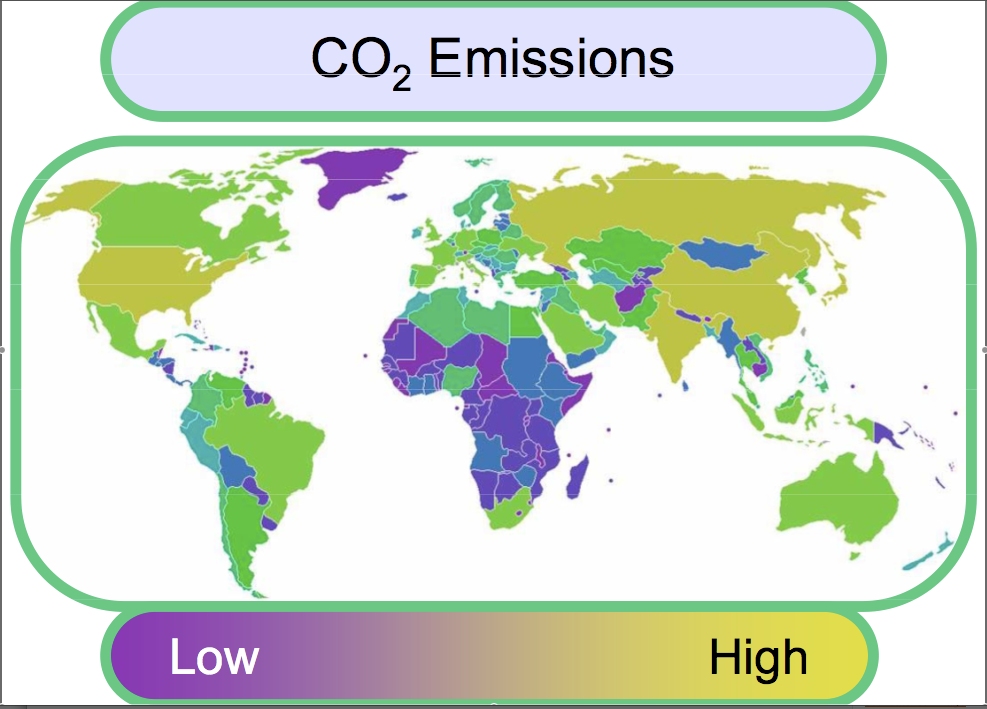Green Scams: Emissions intensity and GDP
Green Scams: Emissions intensity and GDP

During a recent Green Scams workshop, Cortney Dakin spoke about climate change policies that officials in the most affluent nation-states have been supporting and promoting.
------
Here is a typed version of the same presentation -
Climate change mitigation policy and economic based strategies to reduce emissions are green scams. Climate change mitigation is the process of lessening the severity of future climate change by producing less CO2. However, how to actually do this can be determined by a number of different terms, calculated and quantified in different ways, which influence national discourse on how to actually achieve international protocol.
The most common term used is energy intensity, which is so fundamental to climate change theory that it is involved even in the calculations of how much CO2 is produced in total. Energy intensity = J/GDP where J is the amount of energy, in joules, that is produced and GDP is the gross domestic product, the sum of all the economic activity of a country in a year. Similarly, emissions intensity = Tonnes of CO2/GDP.
While the richest countries produce the most carbon dioxide emissions, they have the lowest figures for emissions intensity. These opposite trends enable rich countries to actually influence interpretations of data in a biased manner because when their national goal is to decrease emissions or energy intensity actual CO2 emissions are not necessarily being reduced.
This occurs since when GDP, the denominator of the term, increases, the intensity decreases because a larger number divides it. Wealthier countries have a larger GDP and it is therefore easier for them to have lower emission intensities. However, increasing GDP actually produces more emissions because consumption levels increase with more economic activity.
Besides intensity, emissions and energy efficiency are other terms used to describe mitigation. This term is a measure of the technological developments that enable us to derive more energy at a faster rate from fossil fuels. However, increased efficiency actually increases energy consumption because it helps keep prices lower in a time in which the energy return on investment is decreasing, causing prices to rise. More money is needed to derive the same amount of energy because we have drained the earth’s shallow fossil fuel sources.
Ultimately, this means that politicians claiming to be coming more efficient are validating the production of more CO2 emissions, and using rhetoric to justify pursuing more financially and ecologically risky fossil fuel sources to further contribute to the destruction of carbon fundamentalism.
Comparatively, we should be taking adaptive measures rather than those that seek to mitigate climate change. The climate crisis is occurring and human’s response needs to address the fundamental causes through individual choices that do not support the fossil fuel industry and collective action to hold corporations accountable.

